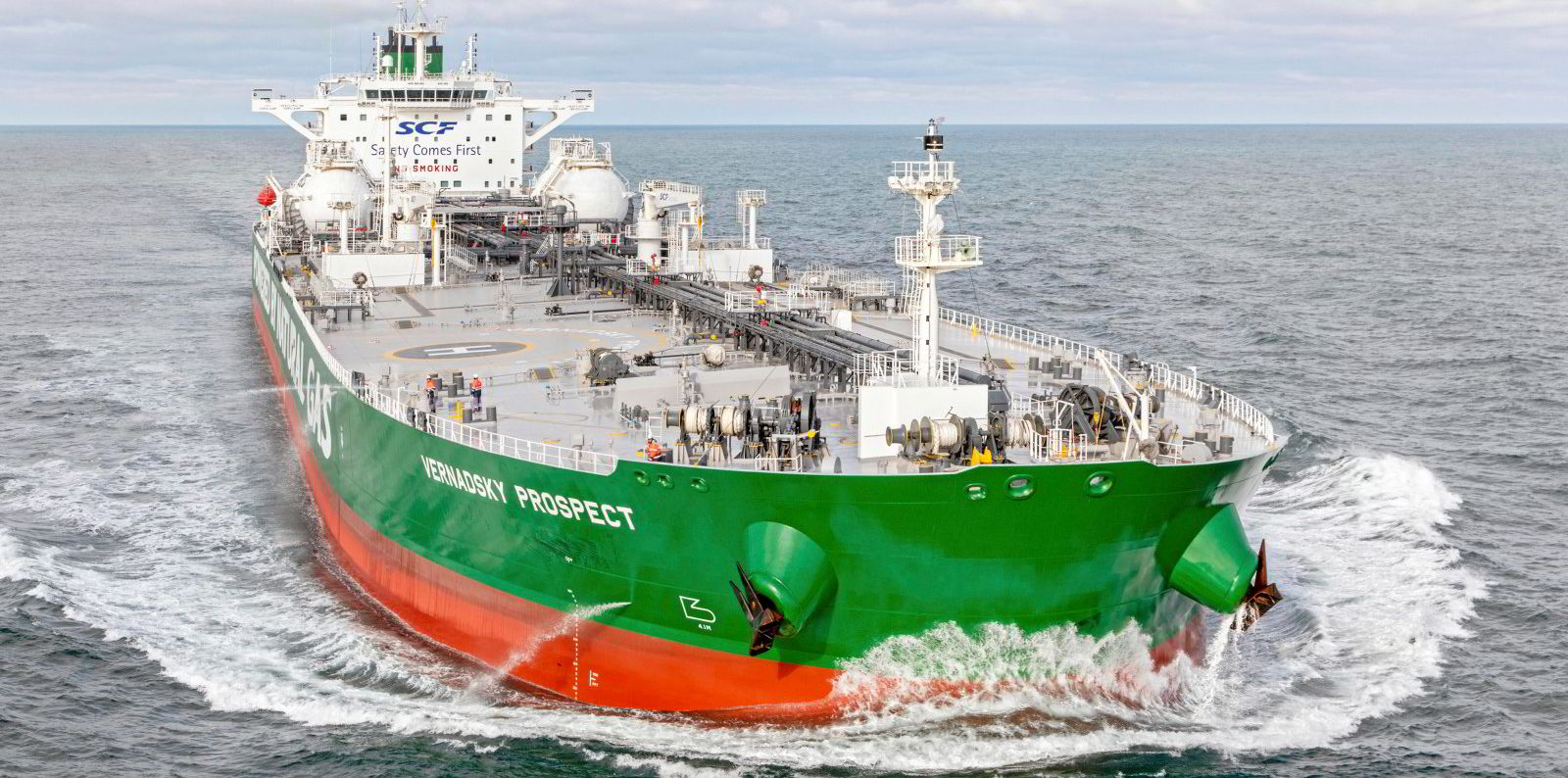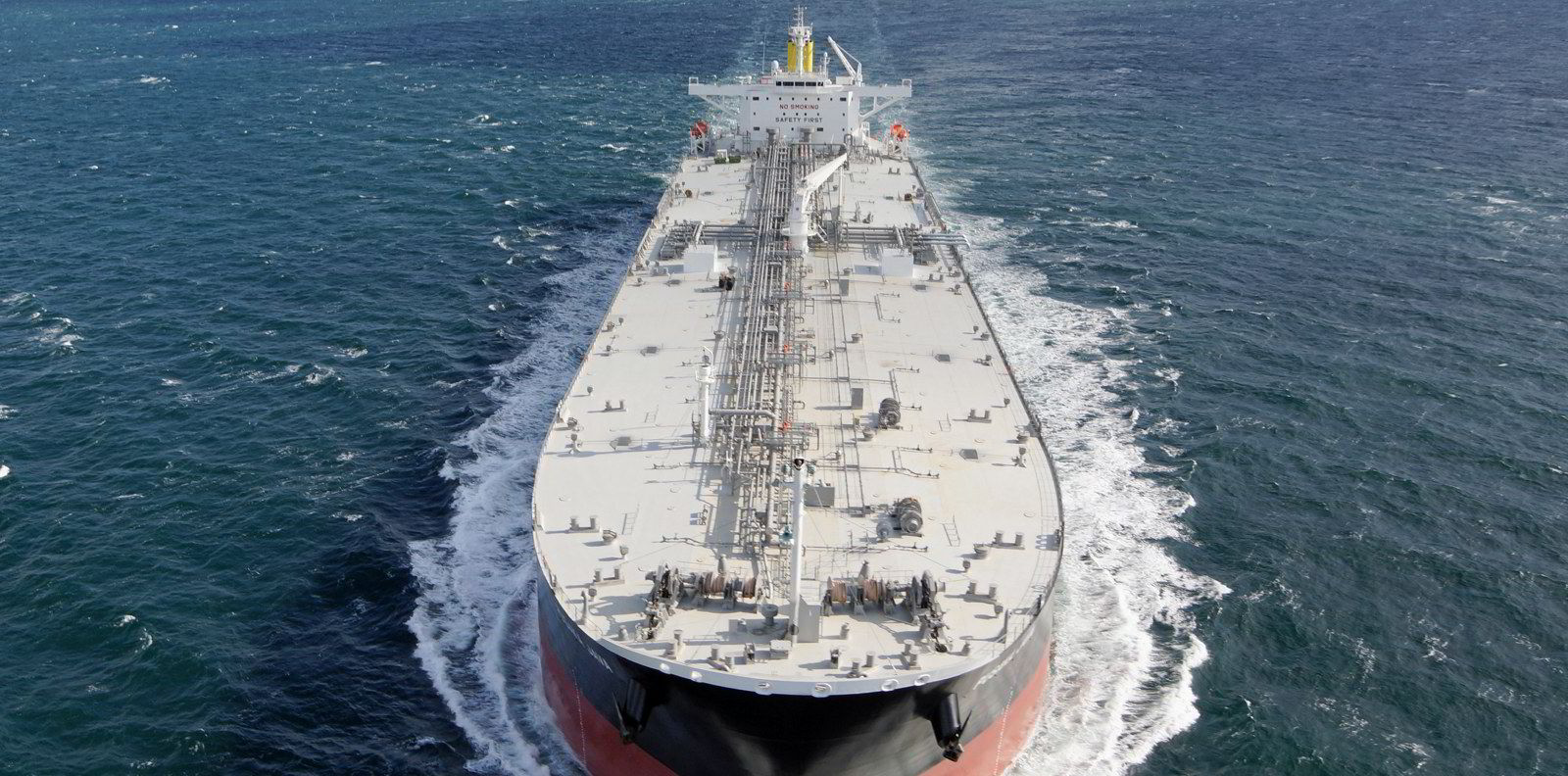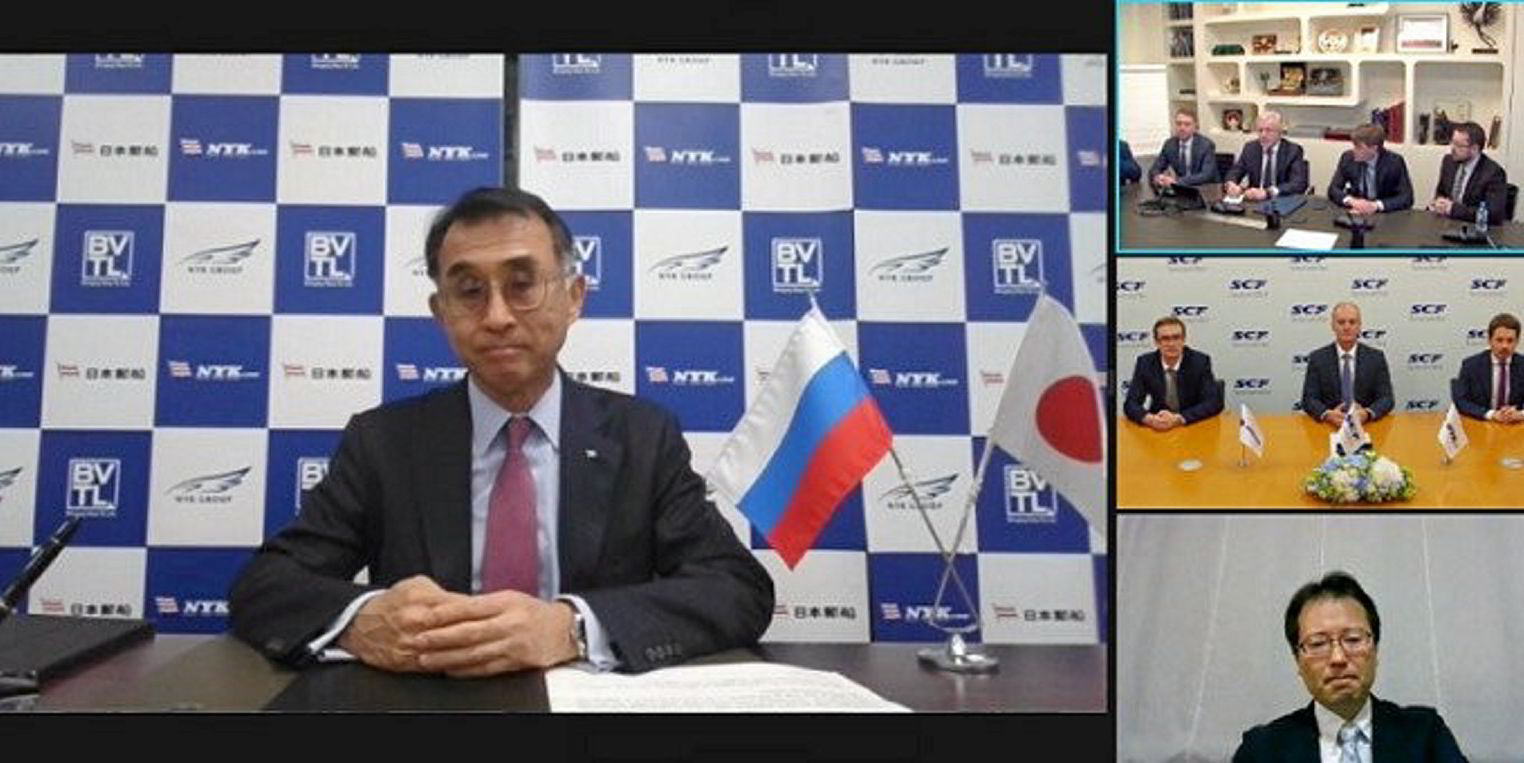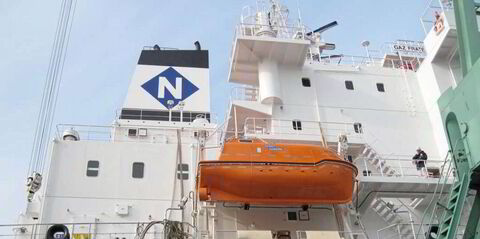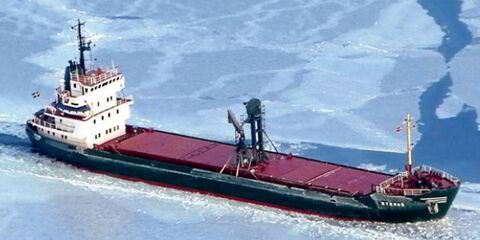Russian tanker owner Sovcomflot looks set to be a key beneficiary of the spike in aframax tanker rates, according to a top US investment bank.
Average aframax earnings have more than trebled since September, according to the latest figures from Clarksons.
"We are encouraged by the visible improvement of aframax spot freight rates," JP Morgan analysts Alexei Gogolev and Alexander Bodrov said.
"Growing demand for transportation within Sovcomflot's conventional segment will likely be supported by rising oil prices, which depleted reserves and boosted production.
"Simultaneously, regulatory requirements have increased the cost of running an older fleet, which in turn resulted in higher levels of scrapping."
For the week starting 29 October, average aframax earnings jumped to $14,075 per day compared with $4,052 per day in September and a recent low of $2,868 per day in August.
"With 38 aframaxes, the vessel category plays a significant role within Sovcomflot's conventional segment," Gogolev and Bodrov said.
The two analysts said the weakness of freight rates during July, August and September will likely translate into lacklustre third-quarter results.
"However, we are optimistic about a potential recovery in freight rates from October 2021 onwards," the analysts said.
Gogolev and Bodrov said Sovcomflot remains a "long-term play" on the industrial part of the business, which should reach 70% of company time charter equivalent (TCE) revenue by 2025.
"In the meantime, we expect sentiment around the shares to improve as the conventional part of the business recovers from recent lows on the back of higher business activity," they said.
The two analysts said Sovcomflot has a materially higher quality business mix than many of its shipping peers given that almost 50% of its revenues are based on the contractual nature of operations.
"Sizeable investments into new ships for LNG projects, partially funded by $500m of initial public offering proceeds, will result in a robust ramp-up of revenues starting from 2023," said Gogolev and Bodrov.
"While depressed freight rates for the remaining part of the business were felt over the past 12 months, in the long run we think rates may recover given record-low order books for the new fleet."
